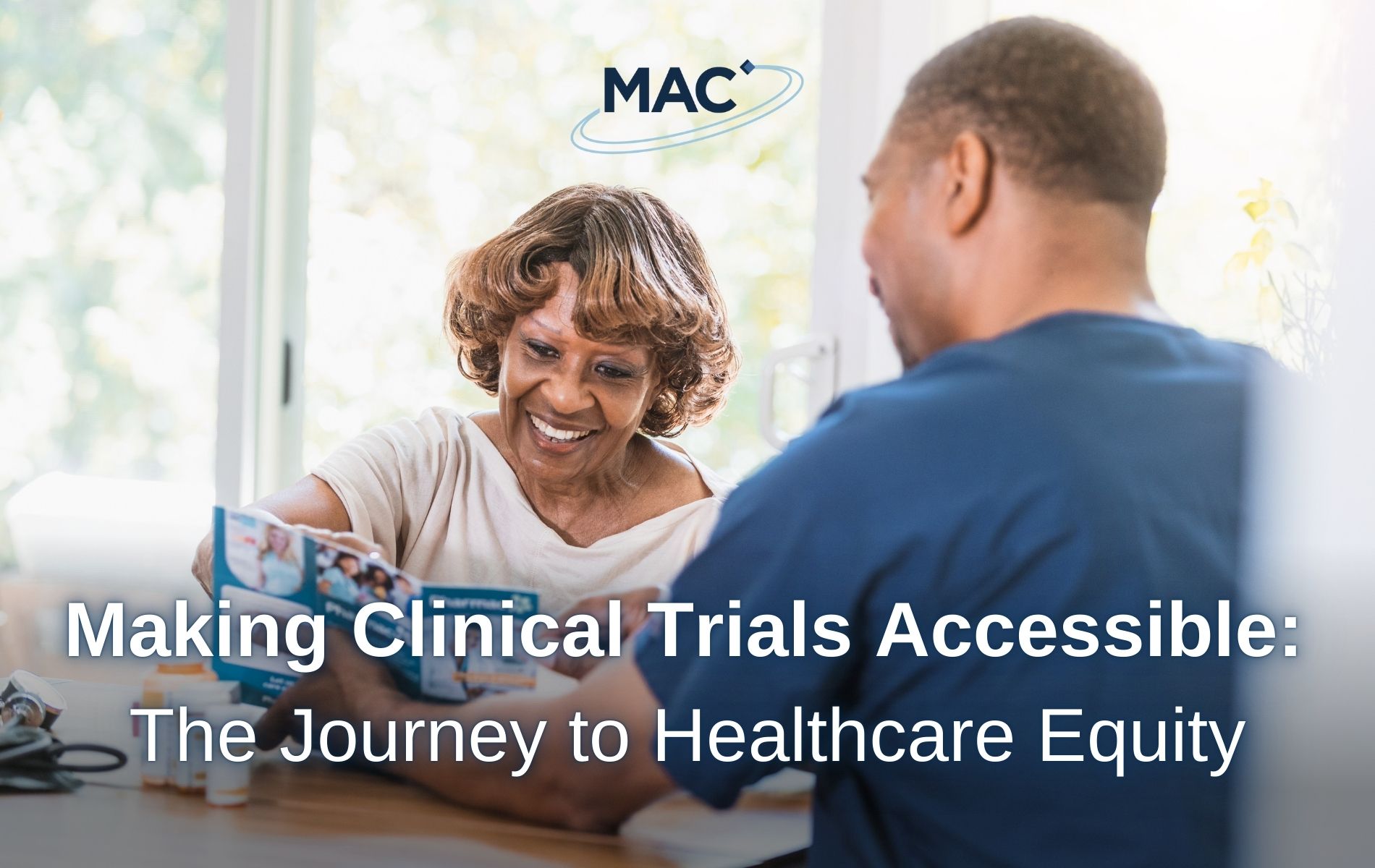Clinical trials research the safety, tolerability, and effectiveness of treatments (medical or otherwise) in patient populations, healthy volunteers, or both1. Trials evaluate whether a treatment works, whether it works better than existing options, and identifies potential side effects. They are highly regulated by national and international bodies and occur only after years of laboratory testing, a safety panel, and an ethical review. Clinical research may also investigate whether a treatment is effective in a certain population, as historically, trials have included mainly white male participants and not the population most affected by the disease, condition, or behaviour2.
Why do we need clinical trials?
Clinical trials are necessary in the development of new treatments and without them, we would not be able to benefit from the medications and treatments that we currently have. Clinical research has brought us vaccines, cancer therapies, mental health treatments like cognitive behavioural therapy3, and many more; without this research, we would have much shorter lifespans.
Why should clinical trials be accessible and how does this help everyone?
Women, people of colour, the LGBTQ+ community, the elderly, and disabled people have all historically been excluded or underrepresented in clinical research. The existing data we have for medications, treatments, and diagnostic techniques relied previously on heterosexual, able-bodied men, despite them making up only 29.5% of the UK population4. The lack of equal access to clinical trials has perpetuated healthcare inequalities and slowed medical progress. Making clinical trials accessible ensures a balance between the participant population and the population most likely to need the treatment2.
Inclusive clinical trials lead to better healthcare outcomes for all people as they generate more robust and rich data, increasing the potential usability and usefulness of treatments. The results of trials are also more reliable if the investigational treatment has been tested on a diverse population, making them more effective for everyone5.
How can we make clinical trials more accessible?
We can make clinical trials more accessible by considering the potential barriers to participation that some people might face. For example, you may have concerns about how to get to the clinic, the cost of care or trial medications, or you may feel distrust towards clinical trials in general.
At MAC Clinical Research, we carefully plan our studies to maximise participation opportunities and ensure equitable access to clinical research. Some of the ways that we do this include:
1. Travel
We offer transport to and from each of your clinic visits, or reimburse reasonable travel expenses if preferred, so you never have to worry about how you can get to us.
2. Site accessibility
All our sites are on the ground floor or have ramp and/or lift access. Parking is available at each site, either directly outside or a short distance from the entrance. Upon arrival, you will be welcomed by one of our friendly receptionists who will allow you entry into the building and inform the clinical team that you have arrived.
3. Flexibility
We offer flexible scheduling for clinic appointments to ensure appointments are as convenient as possible. Some of our studies also provide the opportunity to complete check-in appointments remotely via video or phone call.
4. Education
We work hard to spread the word about clinical trials and how they work. By dissolving some of the mystique around clinical studies, we can promote improved health literacy and access to trials.
5. Finances
Any care or medications you receive from MAC are free of charge. If you are eligible for one of our studies, you may also receive financial reimbursement for your time and commitment to the trial.
If you choose to take part in one of our clinical trials, our medical teams will provide you with a comprehensive standard of care and your GP may be kept informed of your participation. No matter your background, you can help to make medical developments that could improve the quality of life for millions of people. Find out how you can get involved via our current studies page.
References
3 National Institute on Aging – What Are Clinical Trials and Studies?
4 Henry and Ryder (2021) – Access All Areas: The Diversity Manifesto for TV and Beyond




